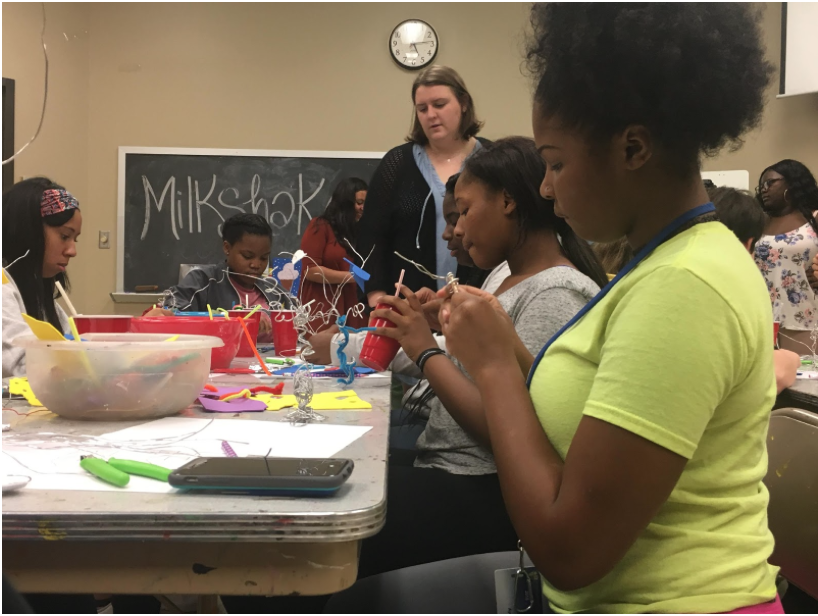The enrollment of the Sally McDonnell Barksdale Honors College at the University of Mississippi has recently increased, but the retention rate of the Honors College has largely remained the same.
“Generally speaking, the students who come in as first-semester freshmen will graduate with us about 50-54 percent of the time,” said John Samonds, the associate dean of the Honors College. “Of (the) freshman class that entered the university in 2012, 50 percent graduated in the Honors College, while 72 percent of them graduated from the university in four years.”
Nonetheless, the Honors College has concerned itself with growing its retention rate and cultivating it to reflect a higher average.
Douglass Sullivan-Gonzalez, dean of the Honors College, said he would like to see the Honors College retention rate nearing 80 or 90 percent, eventually.
“The Honors College has grown tremendously, and when I arrived in 2002, there were 252 students … now we are up to 1,600 students,” he said. “We invest a lot of money into our students — around $2,000 per honors student — so it would be great to see these numbers going up … discussions are being had on how we can increase these numbers.”
The Honors College staff has been researching reasons that students are leaving the Honors College in an effort to discover what changes may be made to raise the overall retention rate.
“We surveyed six years’ worth of honors students, and the main thing we’ve found is that GPA is one of the main reasons students are not graduating within the Honors College,” Sullivan-Gonzalez said.
According to Public University Honors, the Ole Miss Honors College ranks among the best honors colleges in the nation, receiving a 4.5 of 5 rating. To remain in the Honors College throughout their time at Ole Miss, students must maintain a minimum GPA of 3.20 as freshmen, 3.40 as sophomores and 3.50 as juniors. A GPA of 3.50 is required for a student to graduate with a degree from the Honors College.
“When the college was created, it was decided that a student should graduate with a minimum of a 3.50 (GPA), which is the requirement for a student to graduate with cum laude honors,” Samonds said.
Honors College leadership claims it has a lot of options on the table regarding the future of how the Honors College can improve its retention rates.
“Do we create a thesis or nonthesis track? Do we change the GPA requirements? There are a number of ways we can go about changing things, and those discussions are being had,” Sullivan-Gonzalez said. “But, we also have to examine what the consequences are of changing and making those options available.”
Alan Cuff, a junior at the university who was dismissed from the Honors College after completing his sophomore year, said the problem lies within the rapid dismissal of students who are unable to meet the GPA requirement during their freshman and sophomore years.
“The probationary period they offered me was only a summer term, and that was pretty insufficient to turn my GPA around,” Cuff said. “My GPA was .09 points below the requirement, and I would have had to get 10 hours of 4.0 credits to get a 3.40 … that was not realistic, because taking a summer term is costly and time-consuming.”
Cuff said he understands the reasoning behind the 3.50 GPA requirement for seniors. He said that this is a good standard for honors students. However, he said the Honors College administration should be more understanding about students being able to improve their GPAs after a rough semester.
“The Honors College should consider offering a chance at improving GPA on a more realistic scale and possibly wait to dismiss students at the end of their junior year for GPA reasons,” he said. “I could potentially rejoin the Honors College if that was the case.”
Sullivan-Gonzalez said he feels the college should be less concerned about students’ GPAs and, instead, be more concerned about students understanding their responsibility to be a “citizen-scholar” and about teaching students the essential skills and tools they will need beyond their undergraduate education.
“But this is a faculty discussion, and while I have input, it requires many members of the faculty to ultimately decide where to take the Honors College next to improve the retention rate,” he said.
















